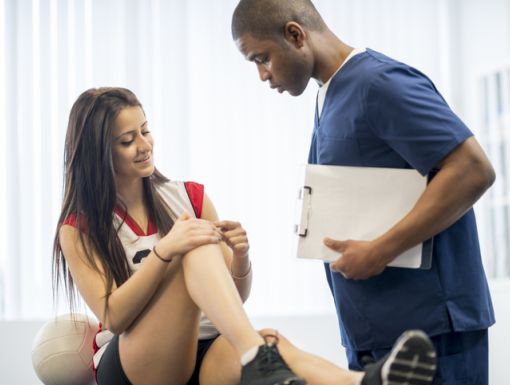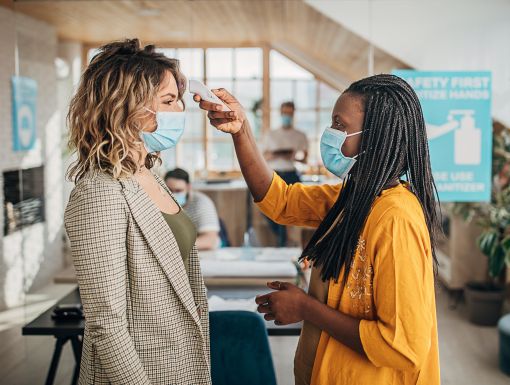
What Is Heat Stroke? 7 Ways to Protect Yourself and Your Family
What is heat stroke?
Exertional heat illness, commonly known as "heat stroke," is a major cause of illness and even death in young athletes. This is also a danger for laborers who work outside in the heat and humidity. With outdoor summer activities and events going on, it is important that you are checking in with your body.
First and foremost, hot temperatures and high humidity increase a person's risk for exertional heat illness. People who are visiting hot, humid locations are also at risk for heat stroke because their bodies have not acclimated to the climate. Dehydration, stimulants (like caffeine) and alcohol are a recipe for disaster when it comes to exertional heat stroke.
We keep our body temperature regular by sweating in the heat, but this becomes difficult in high humidity. A body temperature of 103 degrees Fahrenheit or higher indicates heat exhaustion. Fainting, headache, dizziness, confusion, headache, muscle cramps, excessive sweating and fatigue are other warning signs of heat stroke. If the heart rate or pulse is fast and strong or if the breathing is rapid and shallow, take a temperature! A high temperature of 103 degrees Fahrenheit or more means it is time to call 911. Heat stroke is a life-threatening emergency.
Who is at an increased risk of heat stroke?
While anyone can get heat stroke, a few factors may increase your chances of getting it.
- People 65 and older have a harder time coping with heat because their central nervous system isn’t as strong. This also makes it harder to stay hydrated.
- High exertion in hot weather can lead to heat stroke. People who play high-intensity sports, like football, soccer or long-distance running, outdoors should always be in check with their body and how they are feeling.
- Health conditions like heart disease, lung disease or obesity can increase a person’s chance of getting heat stroke.
- Certain medications may also affect your body’s ability to stay hydrated and can increase chances of heat stroke. Diuretics for example rid your body of water and sodium and can cause dehydration. Be sure to talk to your medical provider about medications you are taking and what effect they can have on you in the heat.
What should you do if you or someone is experiencing heat stroke?
If you are someone you know is experiencing these symptoms move them to a cool place immediately. Cool the person by placing cold, wet cloths on their skin and turn on a fan if available. If you can place the person in a cold bath while waiting for an ambulance to arrive, even better. However, continue to monitor the patient as fainting or loss of consciousness can happen.
What can you do to prevent heat stroke?
Protecting yourself and loved ones from heat stroke is important for those who live or have visitors during these hot months. Here are some tips for staying cool and staying safe:
- Wear loose-fitting, cool, breathable clothing.
- Plan outdoor activities during cooler times of the day, like morning and evening when the sun is not as scorching.
- Drink plenty of fluids like water and low-sugar sports drinks that contain electrolytes.
- Consume alcohol in moderation. Avoid it as much as possible if you know you will be spending time in the heat, as this will dehydrate you faster.
- Protect yourself from the sun with "broad spectrum" or "UVA/UVB" protective sunscreen, sunglasses and hats that provide coverage.
- Know your limits! Do not overexert yourself, especially if you are not accustomed to exercising in the heat. If you start feeling ill, then don't continue to push.
- Under no circumstance leave a child (or pet) in a parked car.
If you are experiencing a medical emergency, call 911.
Find an Ochsner urgent care near you.



